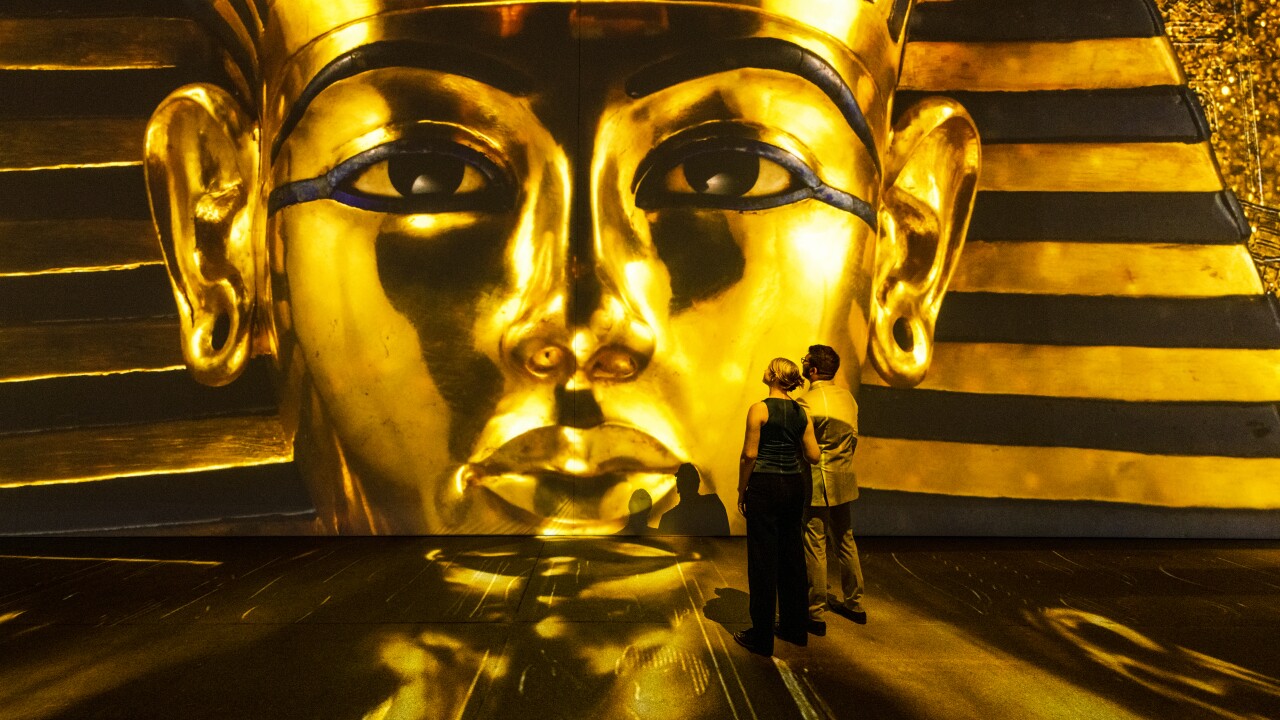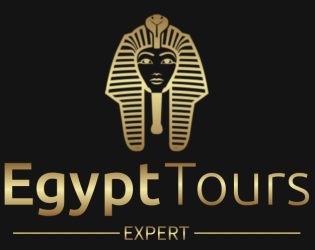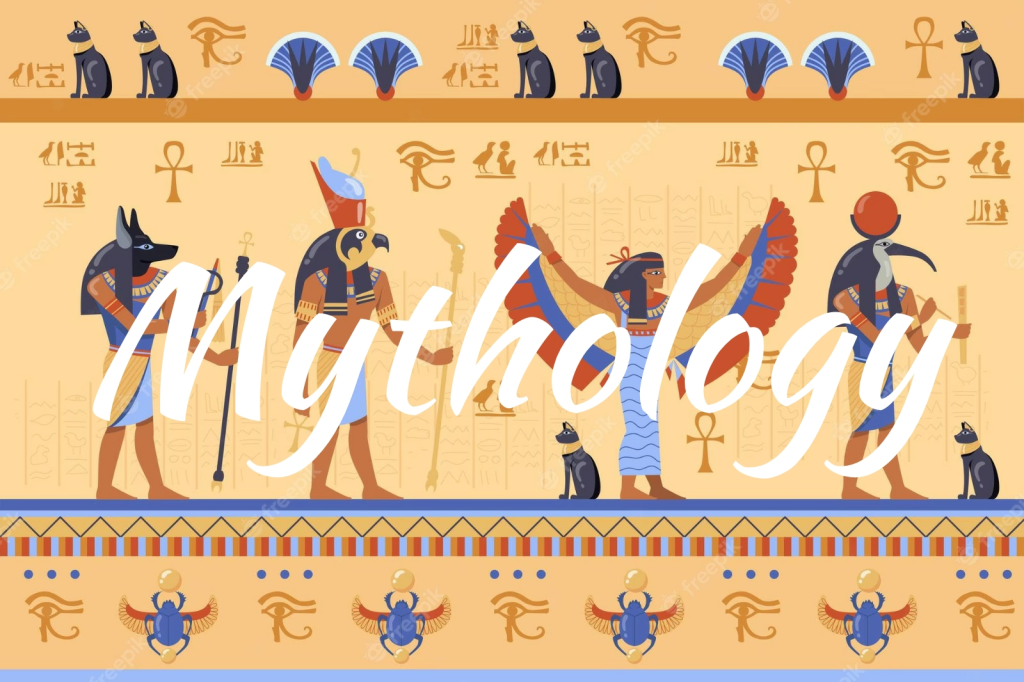
Ancient Egyptians Mythology
The myths woven throughout the tapestry of Ancient Egypt transcend mere narrative, embodying instead the intellectual and imaginative endeavors of a profoundly perceptive society. This ancient civilization’s perspectives were far from mere tales; rather, they were the reflections of a people who discerned profound meaning and rationale in every facet of existence.
Within the intricate fabric of Egyptian thought, the divinity of the gods was not confined to temples and altars; it was ubiquitous, manifesting in the sun’s graceful ascent and descent, the Nile River’s bounteous inundation, the stark expanse of the desert, the capriciousness of the climate, the crucible of warfare, and the profound events of birth and death. From each of these natural phenomena and human experiences, a cascade of inquiries sprung forth, unfurling into contemplations of creation, primordial origins, the enigma of the afterlife, and the eternal cycle of reincarnation.

Top 100 Ancient Egyptian Gods & Goddesses (Names & Facts)
The ancient Egyptian pantheon is a vast tapestry of gods and goddesses, each contributing to the intricate fabric of the civilization’s spiritual beliefs. From powerful deities like Ra and Osiris to protective figures like Anubis and Hathor, these gods and goddesses played essential roles in guiding both the mortal and afterlife journeys. Exploring their names and stories not only sheds light on ancient Egyptian culture but also reminds us of the enduring human fascination with the divine and the mysteries beyond our understanding Read More

Egyptian Mythology Creation Story
The Egyptian creation myth paints a vivid and intricate portrait of the universe’s emergence from chaos, shaped by the divine utterances of Atum. This myth not only provides insight into the ancient Egyptians’ understanding of their origins but also reflects their reverence for the natural world and their deep connection to the forces that governed it. As we delve into this creation narrative, we are reminded of the timeless human quest to make sense of the cosmos and our place within it Read More
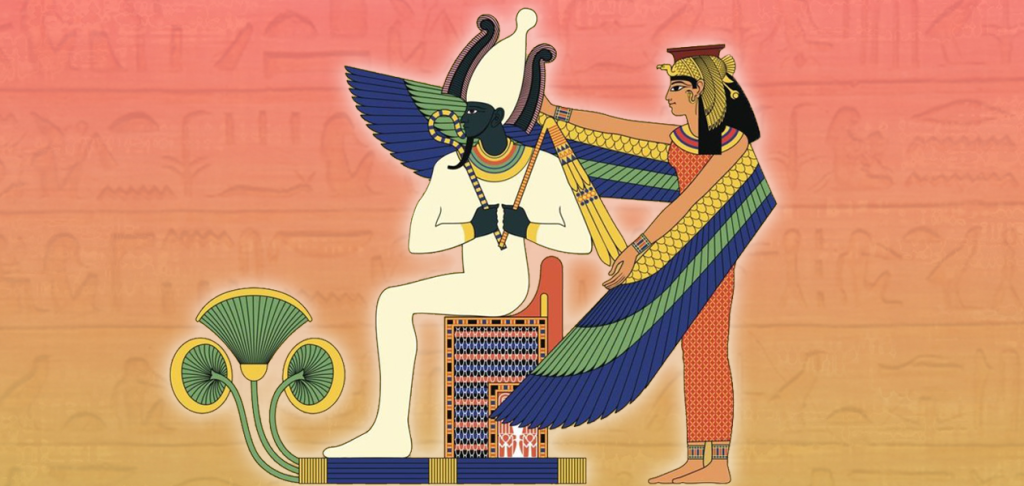
The Egyptian Mythology Story of Osiris
The myth of Osiris is more than a tale of gods and deities; it is a profound exploration of life’s cyclical nature, the inevitability of death, and the promise of rebirth. Through Osiris’s trials, the ancient Egyptians found solace in the concept of eternal life and the potential for spiritual transformation. This narrative served not only as a source of religious significance but also as a cultural touchstone that resonated throughout Egyptian society. Even today, the myth of Osiris continues to inspire contemplation about mortality, renewal, and the enduring pursuit of righteousness Read More

Ancient beliefs about the afterlife and judgment provided a framework for understanding mortality, ethics, and the divine order. The intricate rituals, symbolic practices, and vivid mythology associated with the journey to the afterlife not only shaped ancient Egyptian society but also serve as a timeless reminder of humanity’s quest for meaning beyond the confines of earthly existence. Whether navigating the Hall of Ma’at or embarking on a spiritual journey, these beliefs reflect the enduring human desire to transcend the limitations of the physical world and seek a greater understanding of what lies beyond Read More

60 Famous Ancient Egyptian Symbols (Meanings & Facts)
These 60 symbols offer a mere glimpse into the rich tapestry of ancient Egyptian culture, beliefs, and symbolism. From the sacred ankh to the awe-inspiring Eye of Horus, each symbol carries a unique story that connects us to the mystique of a civilization that revered the divine, sought cosmic balance, and wove these intricate meanings into the very fabric of their lives. As we explore these symbols, we stand on the threshold of understanding a culture that lives on through its symbols, etching its mark on history and inspiring wonder for generations to come Read More

The Book of the Dead remains an enigmatic treasure trove of wisdom and spirituality, connecting us to the profound beliefs of ancient Egyptians. Through its spells, symbols, and illustrations, this ancient guide beckons us to ponder the mysteries of life, death, and what lies beyond. As we explore its pages, we are reminded that the Book of the Dead was more than a guide—it was a vessel that carried the hopes, fears, and aspirations of a civilization that sought to transcend the boundaries of mortality and embrace the eternal embrace of the afterlife Read More
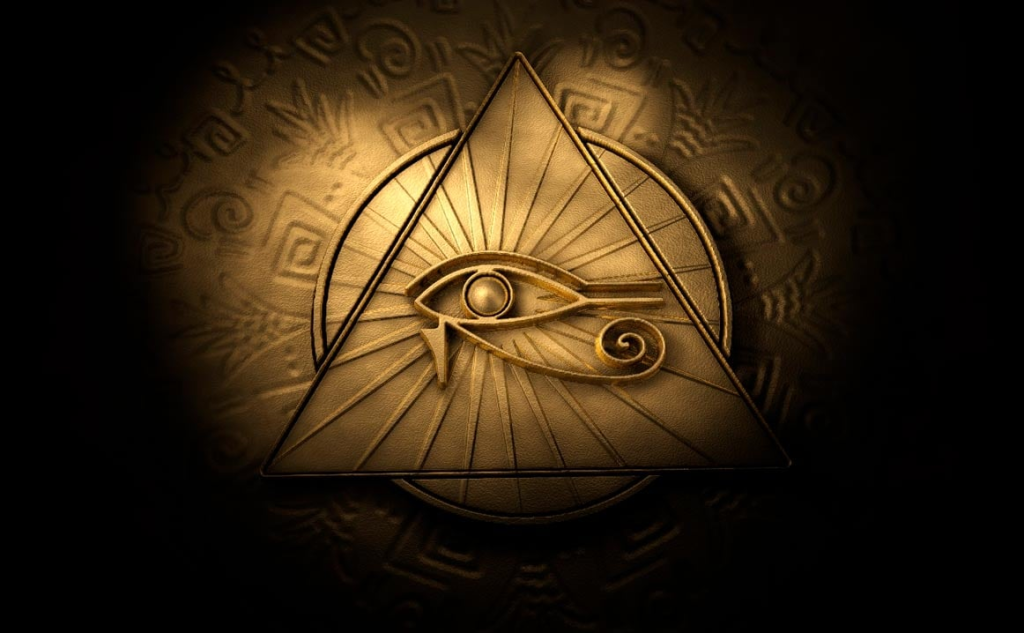
The Eye of Horus transcends its role as a mere visual motif; it encapsulates a tapestry of meanings that resonate across time and culture. As we contemplate this symbol, we are reminded of the ancient Egyptians’ profound understanding of the cosmos, their deep connection to the divine, and their eternal pursuit of wisdom and protection. The Eye of Horus, forever vigilant and all-seeing, invites us to peer beyond the surface and embrace the mysteries that lie beneath Read More

The Djed pillar’s symbolic resonance transcends time, encapsulating the ancient Egyptians’ deep spiritual connection with the cosmos, their reverence for Osiris, and their steadfast belief in stability and renewal. As we contemplate the Djed pillar, we are invited to embrace the enduring lessons it imparts—the importance of resilience in the face of adversity, the pursuit of cosmic harmony, and the eternal cycle of life, death, and rebirth that echoes through the ages Read More

The Was scepter stands as a testament to the ancient Egyptians’ profound understanding of leadership, divine order, and the sacred bond between the mortal and divine realms. As we contemplate the intricate design of the scepter and the deities it embodies, we are reminded of the enduring human quest for authority, the pursuit of cosmic harmony, and the eternal connection between earthly rulers and the divine forces that guide their reigns. In the Was scepter, we find not only a symbol of power but a symbol of the intricate tapestry of beliefs that shaped ancient Egypt’s cultural and spiritual landscape Read More
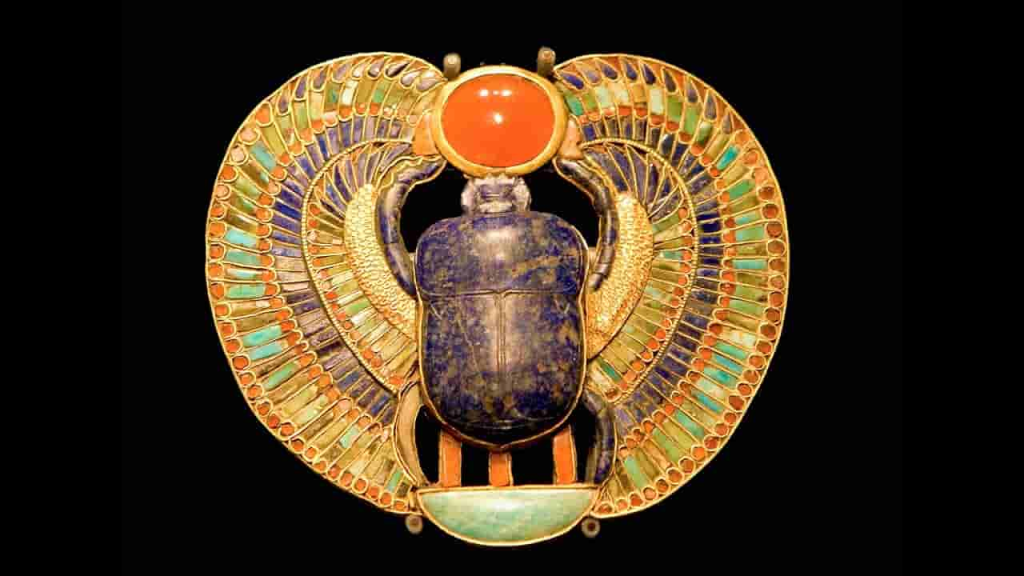
The scarab beetle’s symbolism transcends the bounds of time, inviting us to explore the ancient Egyptian perspective on the cyclic nature of existence. As we contemplate the image of the scarab rolling its ball of dung, we are reminded of the profound wisdom embedded in this seemingly simple act—a testament to the interconnectedness of life, death, and rebirth. The scarab beetle, with its enduring presence in ancient Egyptian culture, serves as a timeless reminder of humanity’s quest for meaning, transformation, and the eternal cycles that shape our understanding of the cosmos Read More

The Ouroboros, with its timeless representation of infinity, cycles, and unity, remains a profound symbol that transcends cultural and temporal boundaries. As we contemplate the image of the serpent consuming its own tail, we’re invited to ponder the intricate dance between creation and destruction, the harmony of opposites, and the enduring quest for self-realization and transformation. The Ouroboros whispers to us the eternal truth that all things are connected in the eternal cycle of existence, echoing through the ages as a symbol of wisdom and insight Read More
Live Now With the Ancient Egyptian Mythology
Embarking on a journey with our Egypt private tours or Nile river cruises, you will be afforded the privilege of bearing witness to these extraordinary narratives firsthand. Traverse the storied land that was once the cradle of a civilization that held the sun, the Nile, the cosmos, and life’s myriad facets in sacred reverence. Let the timeless majesty of Luxor, Aswan, and the surrounding regions envelop you in an awe-inspiring adventure, where every step is a portal to the past and every inscription a doorway to the minds of the ancients.

4 Days Nile River Cruise Aswan to Luxor
Discover the essence of Egypt’s ancient history as you cruise along the Nile River from Aswan to Luxor. This 4-day journey takes you to iconic landmarks, including the Aswan High Dam, the Philae Temple, Kom Ombo Temple, Edfu Temple, and the remarkable Valley of the Kings in Luxor. Onboard your luxurious cruise ship, indulge in world-class amenities and enjoy the panoramic views of the Nile’s ever-changing landscapes. Our expert guides will provide insights into Egypt’s fascinating past, making this an educational and immersive experience for all travelers View Tour Details

5 Days Nile River Cruise Luxor to Aswan
Explore the heart of Egypt’s history on a 5-day Nile River Cruise from Luxor to Aswan. This carefully curated itinerary encompasses a wide array of historical gems, from the renowned Karnak Temple Complex and Valley of the Kings in Luxor to the twin temples of Kom Ombo and the grand Edfu Temple. Cruise leisurely along the Nile River, relishing the charm of the surrounding landscapes. Our knowledgeable guides will enrich your journey with fascinating tales and insights into the rich tapestry of Egypt’s past View Tour Details

4 Days Cairo and Abu Simbel Tour Package
Embark on an unforgettable 4-day tour package to Cairo and Abu Simbel, where ancient wonders and majestic temples await. Explore the iconic sites of Cairo, including the pyramids of Giza and the Egyptian Museum, before journeying to Abu Simbel to witness the breathtaking temples of Ramses II and Nefertari. With our carefully curated itinerary, knowledgeable guides, and inclusive services, this tour offers a compact yet immersive experience of Egypt’s rich history. Discover the secrets of the pharaohs, marvel at awe-inspiring architecture, and create lasting memories View Tour Details

5 Days Cairo and Alexandria Tour Package
Embark on a 5-day journey through Egypt’s most fascinating cities, Cairo and Alexandria. From the grand pyramids and ancient temples to the coastal beauty and cultural landmarks, this tour package is designed to showcase the best of both worlds. With expert guides, comfortable accommodations, and convenient transportation, you’ll have an immersive and hassle-free experience. Join us on this captivating adventure and create memories that will last a lifetime View Tour Details

6 Days Cairo, Luxor, Aswan & Abu Simbel Package
Embark on an extraordinary 6-day journey through the heart of ancient Egypt with our Cairo, Luxor, Aswan & Abu Simbel package. Begin your adventure in Cairo, where you’ll explore the iconic pyramids and delve into the treasures of the Egyptian Museum. Continue to Luxor and Aswan, where you’ll witness the grand temples along the Nile River, and conclude your tour with a visit to the awe-inspiring temples of Abu Simbel. With expert guides, comfortable accommodations, and hassle-free transportation, this package offers a comprehensive exploration of Egypt’s historic sites. Join us on this incredible journey and unlock the secrets of the pharaohs View Tour Details

7 Days Cairo, Luxor & Alexandria Tour
Experience the best of Egypt’s cultural and coastal attractions with our 7-day Cairo, Luxor & Hurghada holiday. Begin your journey in Cairo, where you’ll discover the iconic Pyramids of Giza, explore the ancient artifacts at the Egyptian Museum, and immerse yourself in the vibrant atmosphere of Egypt’s capital. Then, travel to Luxor, often referred to as the world’s greatest open-air museum, where you’ll explore magnificent temples, tombs, and archaeological sites. Finally, unwind in the idyllic beach destination of Hurghada, known for its pristine beaches and vibrant marine life. With comfortable accommodations, expert guides, and hassle-free transportation, this holiday package provides a well-rounded experience of Egypt’s rich history and natural beauty View Tour Details
Ancient Egyptians Mythology FAQs
Certainly! Here are some frequently asked questions about Ancient Egyptian mythology along with their answers:
1. Who were the main gods and goddesses in Ancient Egyptian mythology?
- The Ancient Egyptians worshiped a vast pantheon of deities. Some of the prominent gods and goddesses include Ra (the sun god), Osiris (god of the afterlife), Isis (goddess of magic and motherhood), Anubis (god of mummification), and Horus (sky god and protector of the pharaoh).
2. What was the significance of Ra in Ancient Egyptian mythology?
- Ra, also known as Re, was considered the sun god and the creator of all things. He was believed to traverse the sky in a solar boat during the day and journey through the underworld at night. Ra’s journey symbolized life, death, and rebirth.
3. Who was Osiris, and why was he important?
- Osiris was a central figure in Ancient Egyptian mythology. He was the god of the afterlife, fertility, and resurrection. He also represented the cycle of life, death, and rebirth. Osiris was famously murdered by his brother Set and later resurrected by his wife and sister, Isis.
4. What role did Anubis play in Ancient Egyptian beliefs?
- Anubis was the god of mummification and the protector of the deceased. He was often depicted with the head of a jackal and was responsible for guiding souls to the afterlife and overseeing the embalming process.
5. How did the Ancient Egyptians view the afterlife?
- The Ancient Egyptians believed in an afterlife where the soul would journey through the Duat, the realm of the dead. To reach a favorable afterlife, proper burial and mummification were crucial. The deceased’s heart would be weighed against the feather of Ma’at, representing truth and justice, in the Hall of Ma’at during the judgment.
6. What was the significance of the Book of the Dead?
- The Book of the Dead was a collection of spells, prayers, and instructions intended to guide the deceased through the afterlife safely. It included information on navigating challenges in the underworld and ensuring a successful journey to the realm of Osiris.
7. How did the Ancient Egyptians explain natural phenomena through mythology?
- Many natural phenomena were attributed to the actions of gods and goddesses. For example, the flooding of the Nile River was believed to be the result of Hapi, the god of the Nile, providing fertility to the land. Myths were used to explain and make sense of the world around them.
8. What is the significance of the goddess Isis in Ancient Egyptian mythology?
- Isis was a powerful goddess associated with motherhood, magic, and healing. She played a central role in the story of Osiris, where she used her magical abilities to resurrect her husband. She was also considered a protector of children and the downtrodden.
9. Did Ancient Egyptian mythology change over time?
- Yes, Ancient Egyptian mythology evolved over centuries and across different dynasties. New gods were introduced, and the significance of certain deities shifted. Political and cultural changes also influenced the mythology and religious practices of the time.
10. How did Ancient Egyptians worship their gods?
- Worship of the gods included rituals, ceremonies, and offerings. Temples were built in honor of specific deities, and priests played a vital role in conducting rituals and maintaining the connection between the people and the gods.
